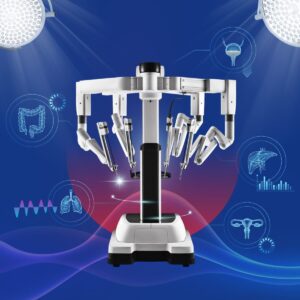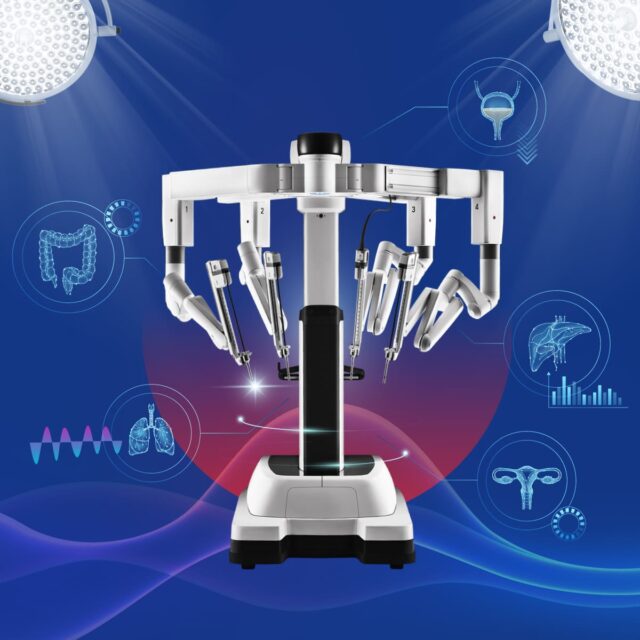In Thailand, we are quite familiar with gastric diseases. So, when we experience acid regurgitation, having bitter taste in the mouth, heartburn, or pain around the chest area, we normally think immediately that it is a symptom of a gastric problem. However, in reality, this could be due to gastroesophageal reflux disease (GERD).
What is GERD?
Gastroesophageal reflux disease, or GERD, is a condition when the gastric fluid from the stomach flows back up the esophagus. Generally, it is the stomach acid that is regurgitated but it can also include some alkali from the small intestine, with or without esophageal inflammation.
GERD can severely impact the patient’s quality of life. The condition occurs when the gastric acid flows up the tube that connects the mouth to the stomach – the esophagus. It is often found due to inflammation of this connecting tube. GERD can attack people of any age group. For the Europeans, GERD affects 20 – 40% of the adults, and the common symptom is heartburn.
As previously mentioned, GERD generally affects people of all ages. However, the majority of them consists of people who are overweight, and their symptoms are also severe. The risk is even greater among smokers.

Symptoms of GERD
There are 2 categories of GERD symptoms. These are outside and inside the esophagus. For the former, the patient experiences chronic sore throat (70% of people suffering from persistent sore throat without a known cause usually has GERD), while for the latter the patient may have esophageal inflammation also.
GERD sufferers would experience heartburn and acid regurgitation. The symptoms could cause inflammation or, in severe cases, abrasion of the esophagus which could lead to the narrowing of the esophagus’ end. Further, this situation could trigger mutation of the esophageal lining’s tissue cells which, in very serious instances, could turn cancerous.
For some patients, they initially consult their doctors for other symptoms than heartburn or acid regurgitation. Rather, they are experiencing ear, throat and nose problems – for example, chronic coughs or hoarseness, bad breath, or some respiratory ailments such as asthma; while others may be feeling chest pain. In each of these instances, if the actual cause of the illness cannot be identified, the patient is transferred to our center. For such a case, more often than not, the patient is diagnosed with GERD.
Levels of GERD Condition
The situation where there is a backwash of gastric acid into the esophagus can be categorized into 3 levels. These are:
- Level 1: Gastroesophageal Reflux (GER). This is the mildest condition and occurs infrequently with little backflow of the gastric acid. It does not affect the patient’s well-being and can be considered normal.
- Level 2: Gastroesophageal Reflux Disease (GERD). This is when the gastric acid flows back up the esophagus near the stomach and affect the patient’s health.
- Level 3: Laryngopharyngeal Reflux (LPR). This is a severe case of acid reflux. It is when the backwash flows up to the throat area.
Diagnosis and Treatments for GERD
In diagnosing GERD, an endoscopy is not recommended, except in cases of severe vomiting or darkened stools. This is because the endoscope is only 10 – 30% effective for GERD cases. Alternatively, especially for esophageal inflammation patients, if the symptoms improve after 2 weeks of medication, the patients can be assumed to suffer from GERD.
Adjusting eating and sleeping habits can help manage GERD by 20%, and with the addition of medication it can be 80 – 100% cured. For Thai people, it is found that 7.4% suffers from GERD. This is higher than diabetes which affects only 4% of the population. However, 40% of GERD sufferers are not bothered by the condition in their normal daily life. Nevertheless, if medication alone is not satisfactory, a surgery to tighten the esophageal sphincter can be performed; but this should be done by an experienced GI surgeon only.











